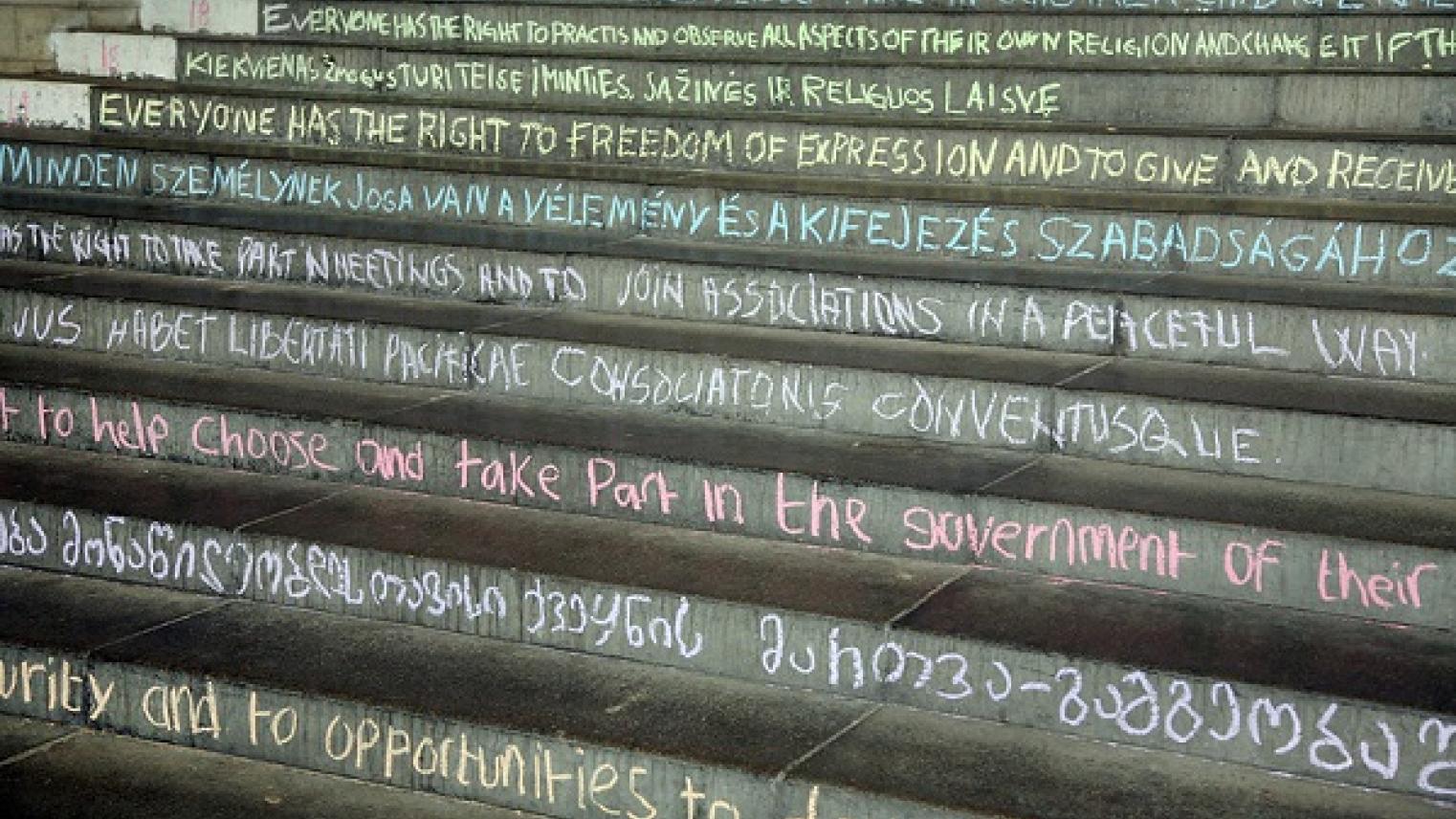This talk traces the rise of a transnational legal order on human protection and evaluates the effects of the ‘accountability turn’ at the heart of this TLO on international lawmaking and global governance.
In recent years, we have witnessed a dramatic transformation in the international accountability landscape, with new practices to mobilize an array of mechanisms as a direct response to deficits in international protection of populations during situations of violent conflict and atrocity. Transnational efforts to pursue accountability for international crimes committed by Russia since the invasion of Ukraine in 2022 are unprecedented, and accountability has been prominent in the current International Court of Justice case on genocide in Gaza. However, this ‘accountability turn’ in situations of mass atrocity and violent conflict did not emerge in a vacuum, and events in recent conflicts illuminate a trend towards the growing remit of international accountability during hostilities to advance protection in real time.
This presentation maps the emergence of a transnational legal order (TLO) on human protection and evaluates the effects on international lawmaking and global governance. It argues that the humanization of international law – the process of elevating individual human rights across all domains of international law – serves as an anchor for legal efforts to address the deficits in the global politics of protection during mass atrocity violence through accountability, which is at the heart of this TLO.
There are, however, critical questions that arise in relation to the ‘atrocitisation’ of human rights and accountability that this presentation will also consider.
About the speaker
Cecilia Jacob is Associate Professor in the Department of International Relations at the ANU and ARC DECRA fellow (2020-2024). Her work focuses on civilian protection, mass atrocity prevention, and international human protection norms. Cecilia is editor of Global Responsibility to Protect and chairs the Asia-Pacific Working Group of Global Action Against Mass Atrocities (GAAMAC).
Her books include Child Security in Asia: The Impact of Armed Conflict in Cambodia and Myanmar, and edited volumes Civilian Protection in the Twenty-First Century: Governance and Responsibility in a Fragmented World and Implementing the Responsibility to Protect: A Future Agenda.
Cecilia has worked as a consultant for the UN Office on the Prevention of Genocide and the Responsibility to Protect and has been a visiting fellow at the Institute for Ethics Law and Armed Conflict at the University of Oxford, and the Max Planck Institute for Comparative Public Law and International Law.
COVID protocols
The ANU strongly encourages you to keep a mask with you at all times (for use when COVID-19 safe behaviours are not practicable) and to be respectful of colleagues, students and visitors who may wish to continue to wear one. Please continue to practice good hygiene. If you are unwell, please stay home. The ACT government’s COVID Smart behaviours can be accessed here.
This seminar presentation is a dual-delivery event. Registration is only required for Zoom attendance; registration for in-person attendance is not required as neither the ANU nor ACT Health conduct contact tracing any longer.
If you require accessibility accommodations or a visitor Personal Emergency Evacuation Plan please email regnet.communications@anu.edu.au.
Image credit: Image of the articles of the Universal Declaration of Human Rights chalked on the steps of University of Essex, by University of Essex on flickr, free to use under CC BY 2.0 DEED licence
